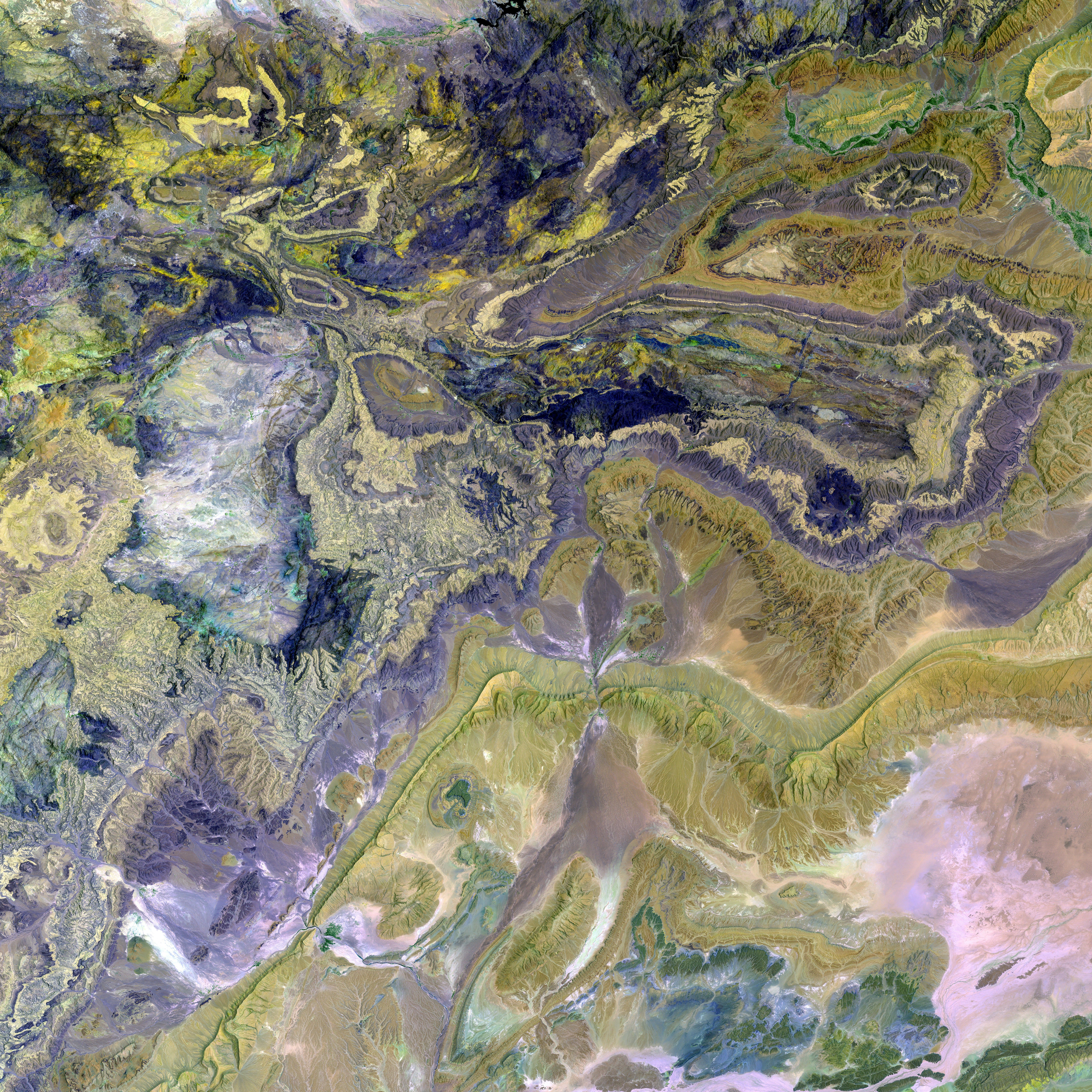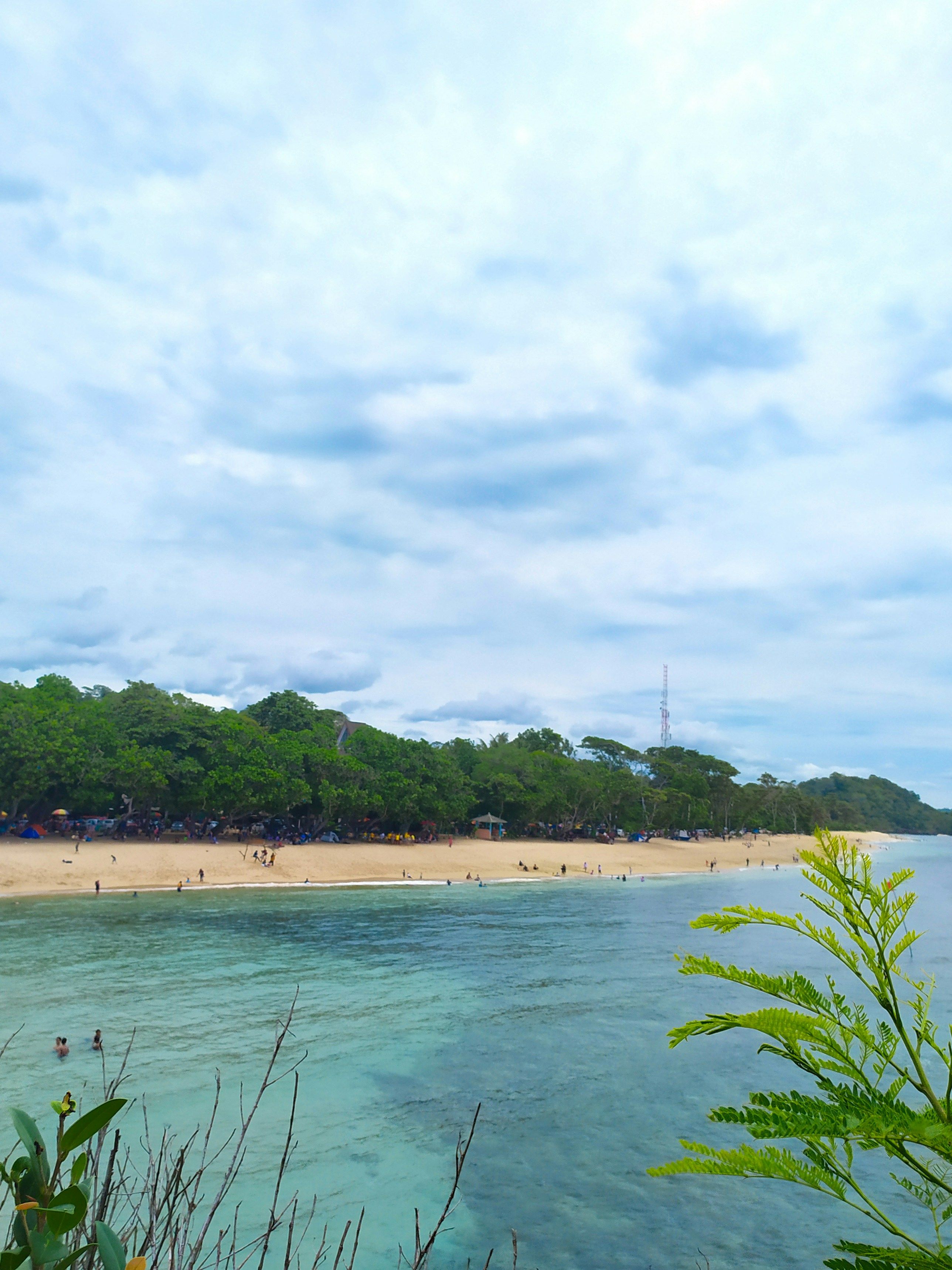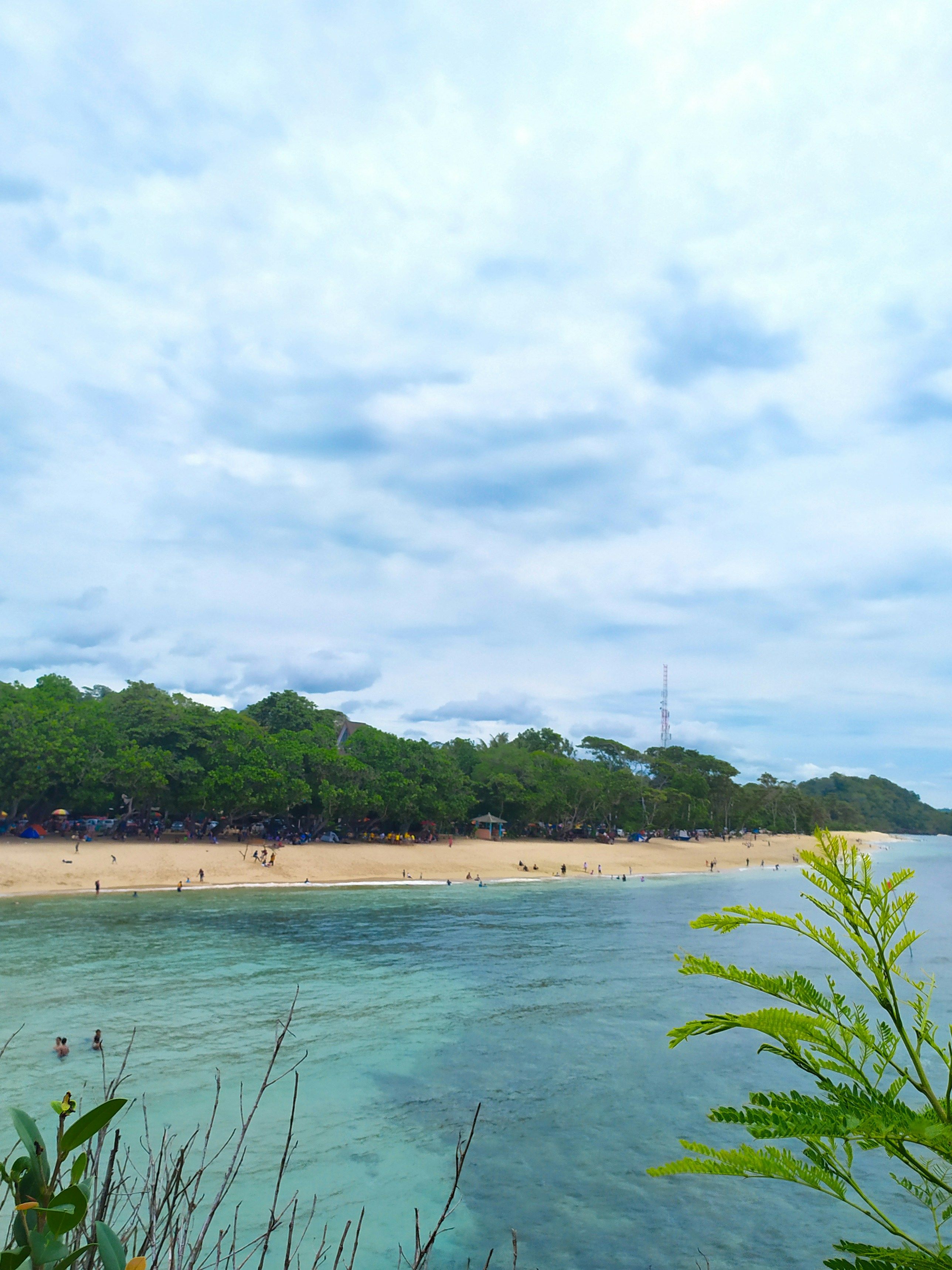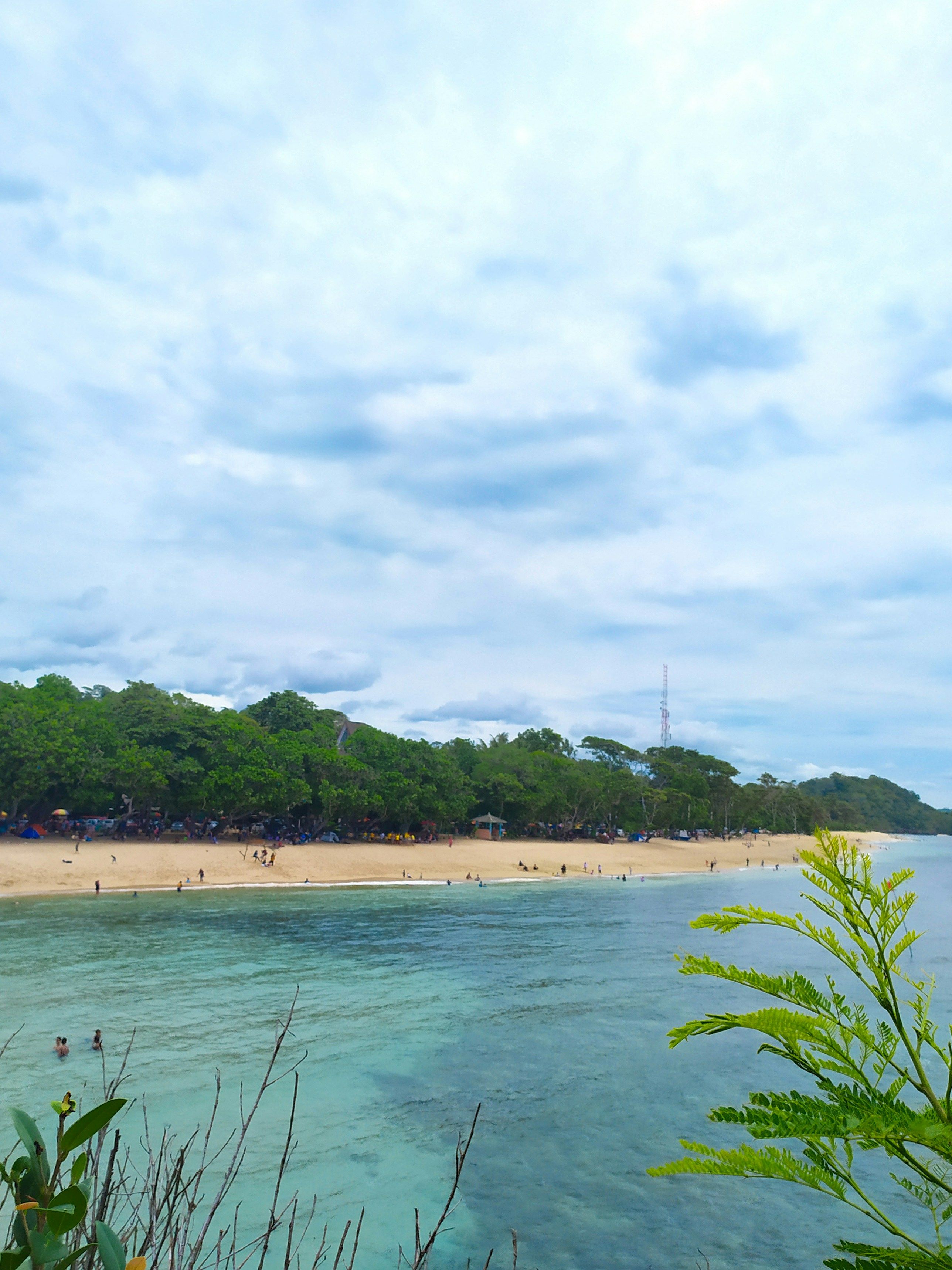Unfreezing Syria's Future: World Bank's Post-Conflict Activations
World Bank Prepares to Resume Work in Syria Following Long Hiatus
Get ready, Syria! The clock is ticking as the World Bank gears up to revive its operations in the war-torn nation, a move made possible after Saudi Arabia and Qatar paid off a massive debt of $15.5 million (roughly €14 million) owed to the financial institution.
Say hello to the return of the World Bank's initiatives, targeting Syria's dire need for a reliable power supply, as their first project with the Syrian government. The World Bank aims to use these activities to tackle critical issues the nation faces while investing in its long-term growth. The upcoming projects can help stabilize the country and strengthen neighboring regions.
So what sparked this change? The World Bank didn't engage in Syria since the eruption of the civil war in 2011. However, following the downfall of former ruler Bashar al-Assad to the Islamic HTS militia and allies late last December, many Western nations have warmed up to Syria, reinstating diplomatic relations.
The change in the U.S.'s stance came with President Donald Trump announcing the lifting of sanctions against Syria earlier this week. The White House believes that the removal of sanctions can breathe new life into Syria's economy, financial sector, and infrastructure, guiding the nation towards a prosperous and stable future.
Source: ntv.de, AFP
Key Elements of the Resurgence
- Accelerated Payments: Saudi Arabia and Qatar extinguished Syria’s debt to the World Bank, removing a notable hurdle that hampered partnerships since the mid-'90s due to payment issues.
- Multi-faceted Activities: In addition to financing reconstruction projects, the resumption of ties includes aid for capacity building and policy reforms to spur lasting economic growth in Syria.
- Loan Allocations: Syria has secured a $186 million loan from the World Bank in 2025, focusing on energy and electricity projects. A projected $300 million in loans is on the cards for 2026 to help rebuild essential infrastructure.
Syria's Choppy Road to Recovery
- Depleted Economy: Over a decade of conflict has decimated Syria's economy, with the GDP shrinking by a staggering 84% between 2010 and 2023, rampant inflation, and over 90% of the population living below the poverty line.
- Infrastructure Ruins: Battles have left the nation's infrastructure—especially its energy and electricity sectors—badly damaged, requiring extensive reconstruction aid.
- Sanctions Remnants: Even with loosened restrictions in selected sectors like energy and transport, lingering sanctions from Western governments pose significant problems for Syria's economic recovery.
- Political Maneuvers: Recent political developments, such as the ousting of Bashar al-Assad and the formation of a new government, enabled Syria to engage with the international community again.
- Regional Backing: Saudi Arabia and Qatar's assistance doesn't stop at settling the debt – their support extends to providing natural gas supplies to alleviate energy problems.
Looking Ahead
The World Bank's return signifies a promising shift for Syria's economic revival, granting the country access to essential financing and expertise after years of isolation. Expect increased focus on stabilizing and rejuvenating Syria’s battered economy, not to mention combined efforts with sanctions easement and regional backing, paving the way towards recovering Syria's shattered economic foundation.
Yet, the road to recovery is bumpy, with the scale of destruction and ongoing political and sanction-related hurdles ensuring a slow and arduous path. Sustained international cooperation and perseverance will be key to achieving lasting growth and stability.
- The World Bank's return to Syria, following the payment of a substantial debt by Saudi Arabia and Qatar, is expected to initiate a series of employment policy reforms aiming to foster lasting economic growth in Syria's business sector, as part of the World Bank's multi-faceted activities.
- As the World Bank invests in Syria's infrastructure renewal, the community policy of the Syrian government may undergo changes to accommodate the influx of resources and experts, with the goal of creating a prosperous and stable future, as envisioned by the White House's decision to lift sanctions against Syria.







